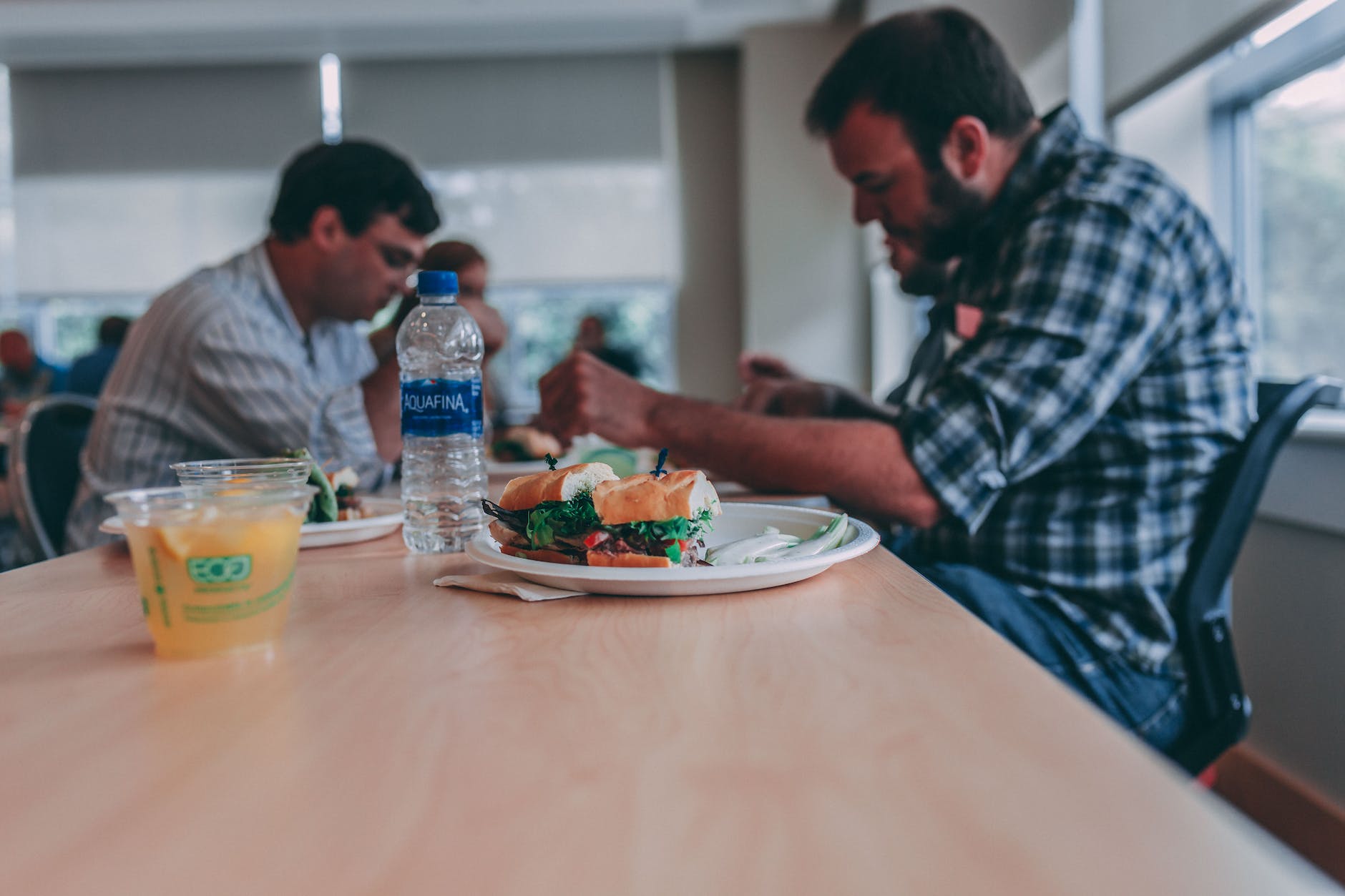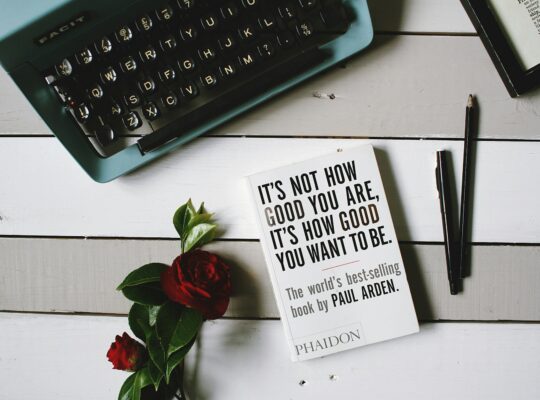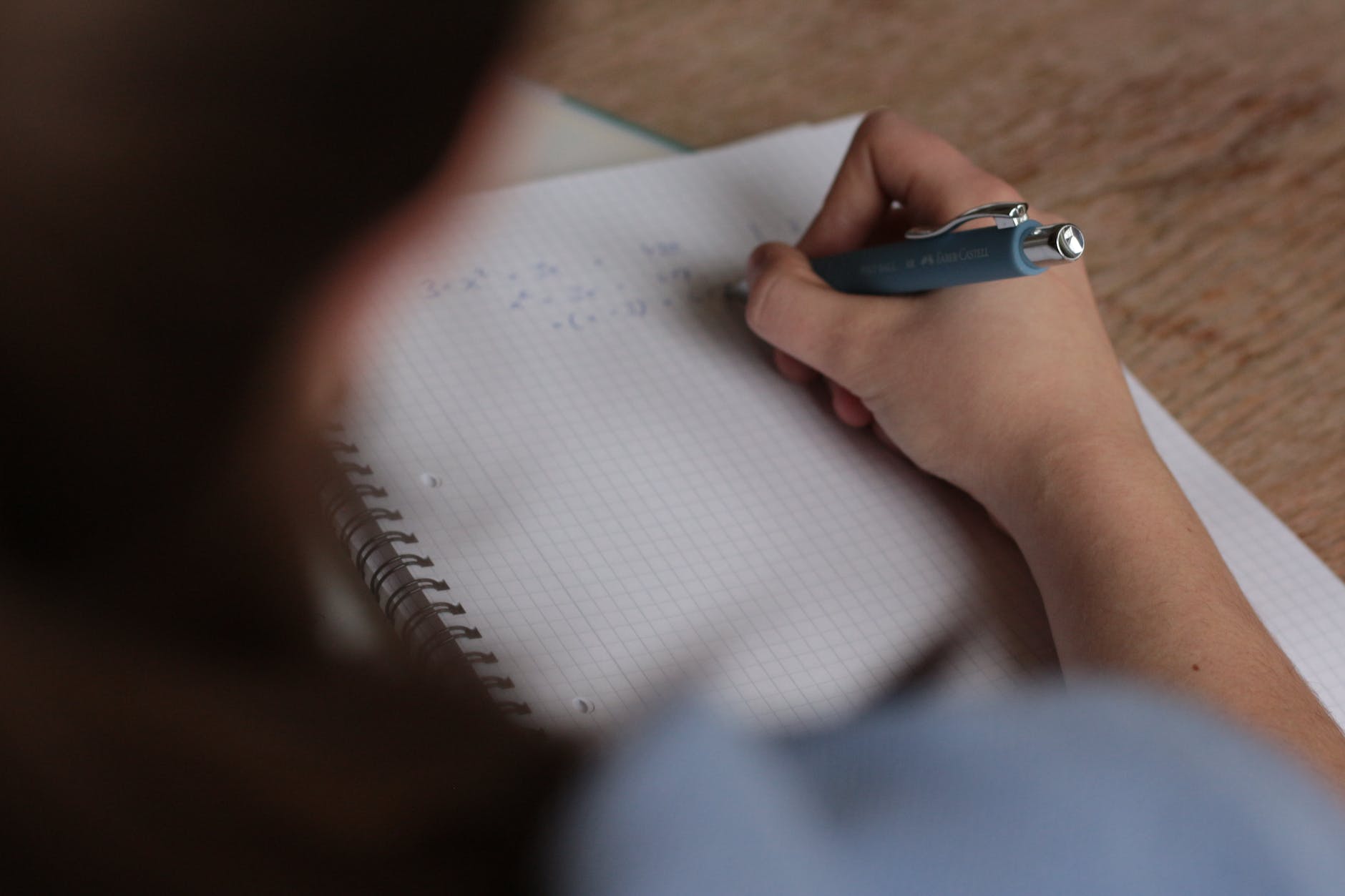I get it, you want to finish that essay, or complete that piece of code, but have you considered leaving the desk and taking a break?
This article is going to talk about why taking a break is important for productivity. That might sound crazy and counter-productive, but taking a break is essential for productivity. It is difficult to break out of habits, especially when we think they suit us. Too long without a break can cause breakdowns, stress and lack of concentration. Your body needs to eat, sleep, move and rest.
The outcome of not taking a break
Rest is essential for the brain to work correctly. We often think overworking will make our bosses, peers and clients happy, but working and ignoring breaks can cause us to be less productive in the long term. Don’t get me wrong, working extra hours to complete an assignment sometimes has been done. But constantly doing this can cause stress and other health issues.
Working without breaks increases the likelihood that you’ll “run out of juice” – both mentally and physically. It’s not a coincidence that workaholics often crash.
Damon Zahariades – The 30-day productivity plan

Research into why taking a break is important for productivity
According to Applied Cognitive Psychology, (https://onlinelibrary.wiley.com/doi/abs/10.1002/acp.3334) even taking short breaks such as 5 minutes can improve cognitive behaviour and attention. A study showed that a group of students that took a short break halfway through a 45-minute task, whether it was listening to some music or watching a video still outperformed the group that didn’t take a break in relation to attention.
Humans have a limited pool of resources. Every time we do a work-related activity we are depleting our pool which can lead to strain. Recovery activities can help restore depleted pool resources. https://www.researchgate.net/publication/361913348_Role_of_work_breaks_in_well-being_and_performance_A_systematic_review_and_future_research_agenda
My experience
Wherever I have worked, there are people (including myself at times) who will work through their lunch break and even work beyond the going home time. I for one rarely leave on time as there is always something to finish. But I do make it so to have a good lunch break. Something to eat, drink and ideally sit away from my desk and do something non-work related. This could be reading a book, watching/listening to a course, playing the guitar, messaging friends, checking social media or journaling.
If you don’t take a break, you are not alone.
A study by Right Management found that fewer than 20% of employees in the U.S. take an hour’s lunch break and 29% don’t take a lunch break at all – Damon Zahariades – The 30-day productivity plan
For myself, I hate not taking a lunch break. Around midday, my mind is fixated on food which keeps me from concentrating on my tasks. No matter if I snack throughout the day, I need to take to a lunchbreak to be fully charged for the afternoon and to keep my energy levels high.
Steps
Set break times
When planning your day, make sure you include taking a break. You could say to yourself that after you get x amount done, or you have completed x task you will take a break.
The Pomodoro technique is a great way to introduce breaks into your day. Do a search in your favourite search engine or your smartphone’s app store, and you will apps for Pomodoro timers. For more on this, I talk about them in How to maintain productivity at work: Headache and Stress-free advice to how to stay productive at work. However, essentially the Pomodoro technique is where you set a timer for 25 minutes. During this time you are working, without distractions on a set task. At the end of the set time period, you are rewarded with a short break.
Give yourself something to do
If you don’t take a break because you don’t know what to do or you have a fear that your boss might think you are procrastinating, when in fact you are working, there are ways around this. You could go for a walk – not too far of course, but exercise is great for the brain and your cardiovascular system.
Listening to music can reduce stress as well. Tim Ferriss’ book, the 4-hour work week mentions wear ing headphones can help people avoid you because it appears that you are in deep concentration.
Conclusion
Taking breaks is essential for our health, and by working too much we are in fact being counter-productive. So it is important to re-train our brains into thinking we must be like the Rihanna song and ‘work, work, work’. Great ideas have come from people not working. There is an idea that thoughts are things. That was evident to Leonard Cohen. Whenever he was driving on the freeway in America and an idea for a song would come into his brain, he would have to safely stop and write it down, otherwise, it is gone forever. Think about it, how many times have you come up with ideas, whether it be song lyrics, coding solutions, etc whilst you were in the shower, in bed or whilst driving?
It is a common occurrence. The point is this, taking a break is important for productivity.





